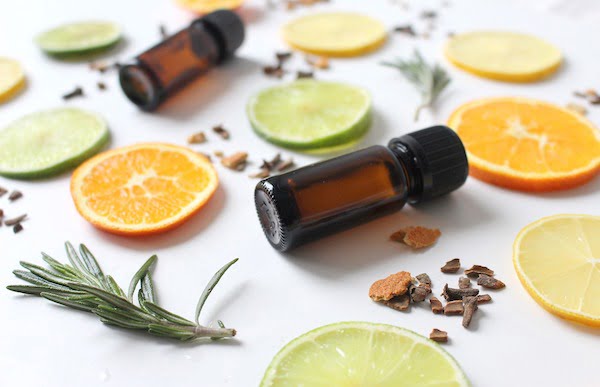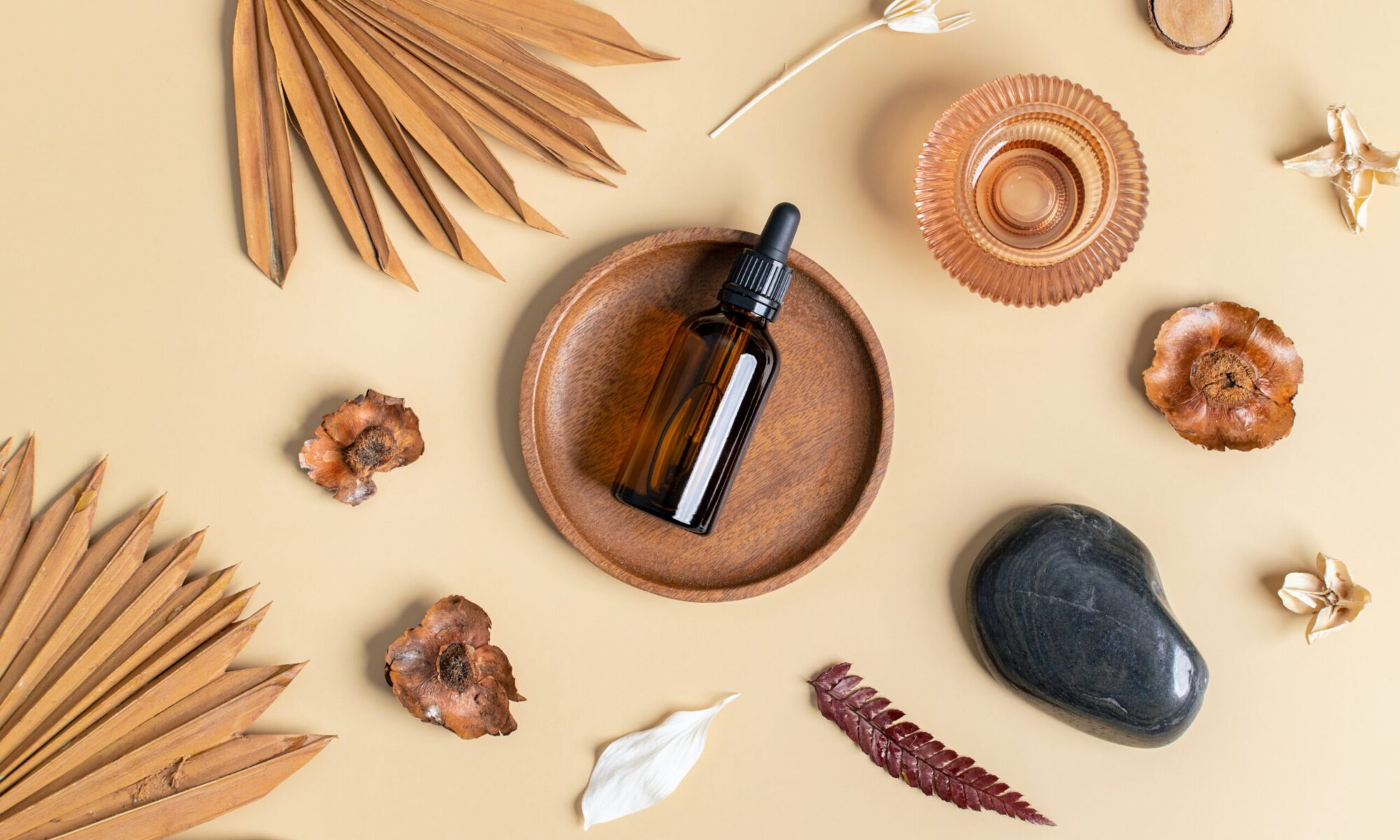A simple quality test that you can carry out on site: Look at the company’s label. A reputable essential oil company has the following information on the bottle:
- «100% pure essential oil» or «100% natural essential oil» *
- The German and Latin / botanical name of the plant used and, if necessary, the chemotype («ct.»)
- The part of the plant used (e.g. roots, leaves, flowers, etc.)
- The country of origin of the essential oil and information about the cultivation **
- The method of recovery (e.g. steam distilled), in the case of extractions, the solvent should be mentioned and whether it is residue-controlled
- If necessary, details of the diluent and the mixing ratio in%
- The exact filling quantity
- Batch number, filling and / or expiry date
- Safety recommendations (e.g. keep child safe)
- Chemical labels and storage instructions depending on the registration or subordinate law (mostly chemicals law – see link laws)
- Dealer name, BAG T number
* Note: ni (= nature-identical = synthetic), “natural” is not “naturally pure”
** Cultivation methods: kbA (controlled organic cultivation), demeter (demeter certified organic quality), Ws (wild collection), conv. (conventional), back. (residue-controlled)



